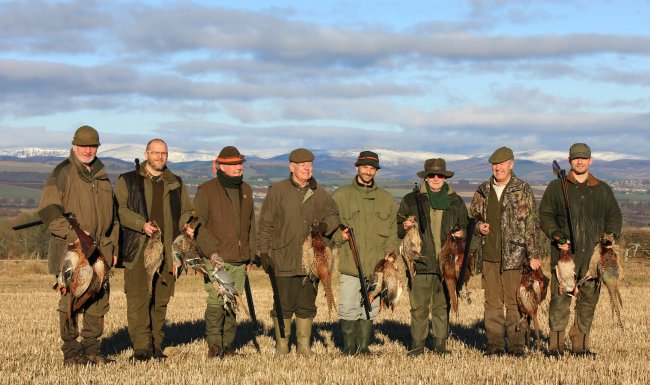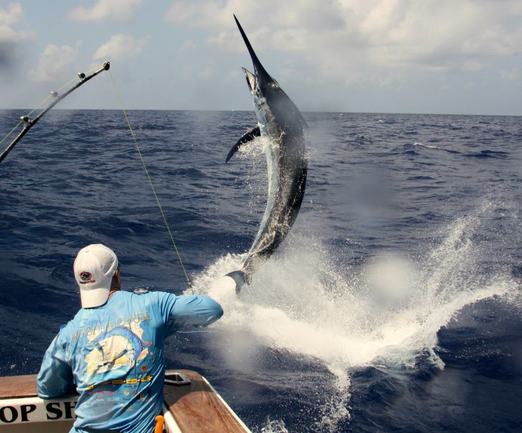|
Most Hong Kong English users know what 'meat, poultry and eggs' are -- and in case you're unsure, this FEHD notice helpfully illustrates raw examples of each category. But what about 'game'? -- what kind of thing is this? No, this is not an error or a typo. Today's blog post is for a change not about English errors in Hong Kong, but simply an introduction to an unusual word that you might like to add to your vocabulary if it's not already there. The 'game' in this sign is NOT connected with the sort of game you might play -- like mahjong, or chess, or football, or video games. It refers specifically to a certain category of animal -- but not to a specific species. Rather, 'game' is used in English to refer to any kind of wild animal that is hunted for food, or for sport (or for both). Clearly, chickens do not fall into this category! But quite a few other animals do, for example:
Here's an image of a typical shooting party in Scotland after a day of game hunting -- here the hunters are holding pheasants and ducks shot in the wild: The FEHD sign obviously only refers to types of game that can be eaten. But 'game' can refer to animals that are hunted only for sport and which are seldom or never eaten. When these hunted animals are large, they are referred to as 'big game' and the activity is known as 'big game hunting'. Sadly, there is a long history of big game hunting in Africa which has caused great damage to the populations of some of the world's largest and most beautiful animals, including lions, tigers, elephants, rhinoceros and giraffes. Photos of big game hunters standing over the magnificent animals they have shot are distressing to see, and I am certainly not including any here! In my view, the only kind of big game hunting that is acceptable is the kind shown in the title of this book: What about fish? They are wild animals, after all, and they are hunted for eating. Are they included in 'game'? Interestingly, only certain kinds of fish are referred to as 'game' in English -- specifically, those that are pursued for sport by recreational fishermen. In England, the main types of game fish are salmon and trout. Like the land-based animals, there is also a category of 'big game' fish -- these are the huge and majestic fish like the marlin, tuna and swordfish that are very difficult to catch and put up a big fight when they are hooked (see picture below). These days, the hunting of these fine creatures has become more controversial. A number of big game fish are actually released alive back into the water after being caught, for sustainability reasons. Finally, a couple of notes about the word 'game' used to refer to certain animals and fish. First of all, note that it is an uncountable noun -- so it never has the singular article 'a' in front of it. We can talk about 'a game fish' or 'a game bird' but not 'a game'. I started by saying that this word 'game' is not the same word as the one we commonly use to refer to, say, mahjong or chess or football. But funnily enough, these two senses are related. 'Game' used to refer to animals hunted for sport first began to be used in English over 700 years ago, and it came from the same root meaning of the word 'game' of 'something done for entertainment or amusement'. Over time, the meaning of the word shifted slightly and instead of being applied to the activity, it came to be applied to the animals that were hunted for entertainment. As you can see from the FEHD sign above, this ancient word is still going strong today. If you have been hunting somewhere over the border, make sure you don't bring back your catch in a raw state without first obtaining a health certificate!
0 Comments
Your comment will be posted after it is approved.
Leave a Reply. |
About this blogThis blog arises from keeping an eye on English in Hong Kong. I often use signs, notices and advertisements that I see as starting points to write about English issues that commonly challenge Hong Kong writers. Archives
October 2017
Categories
All
|





 RSS Feed
RSS Feed